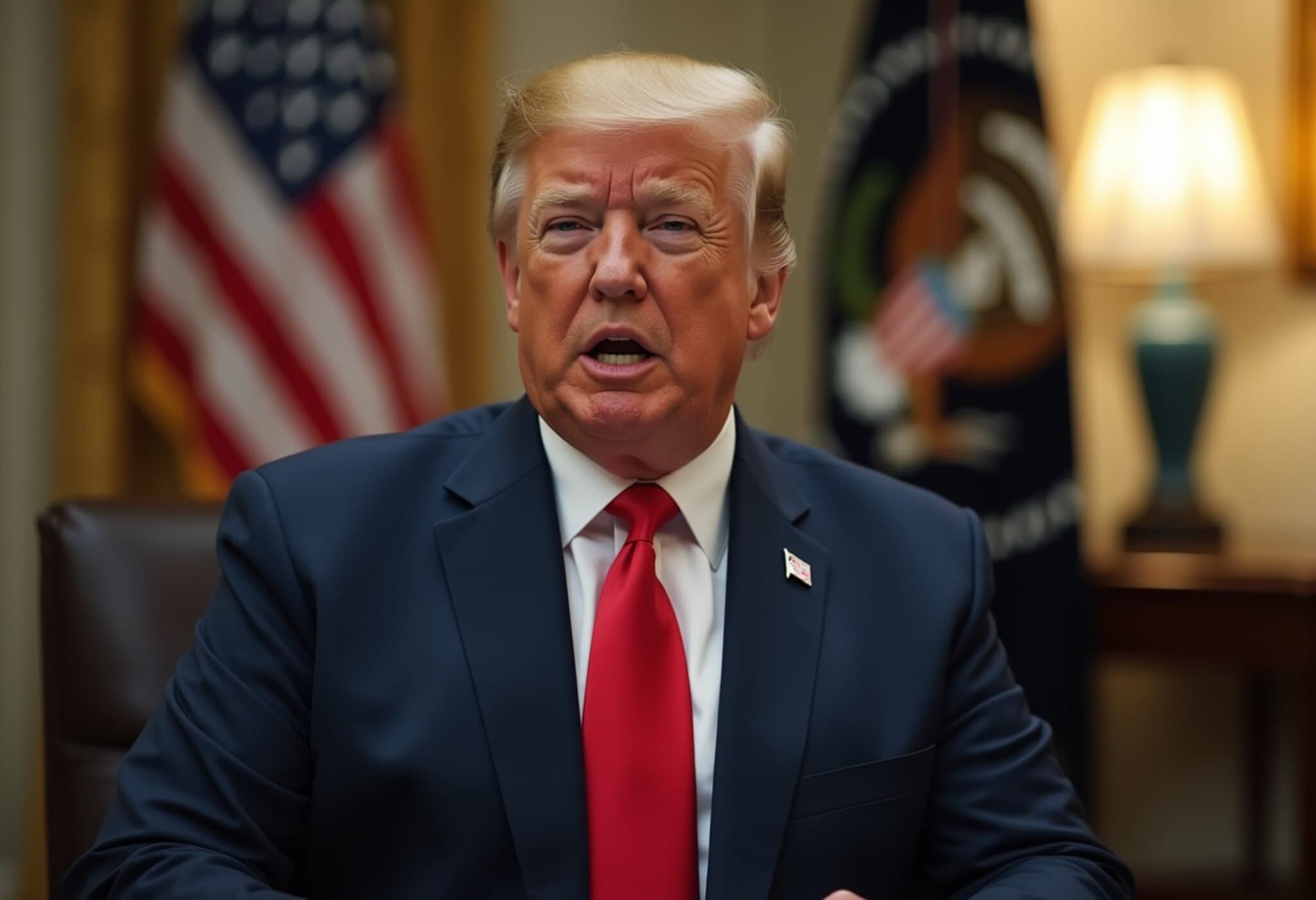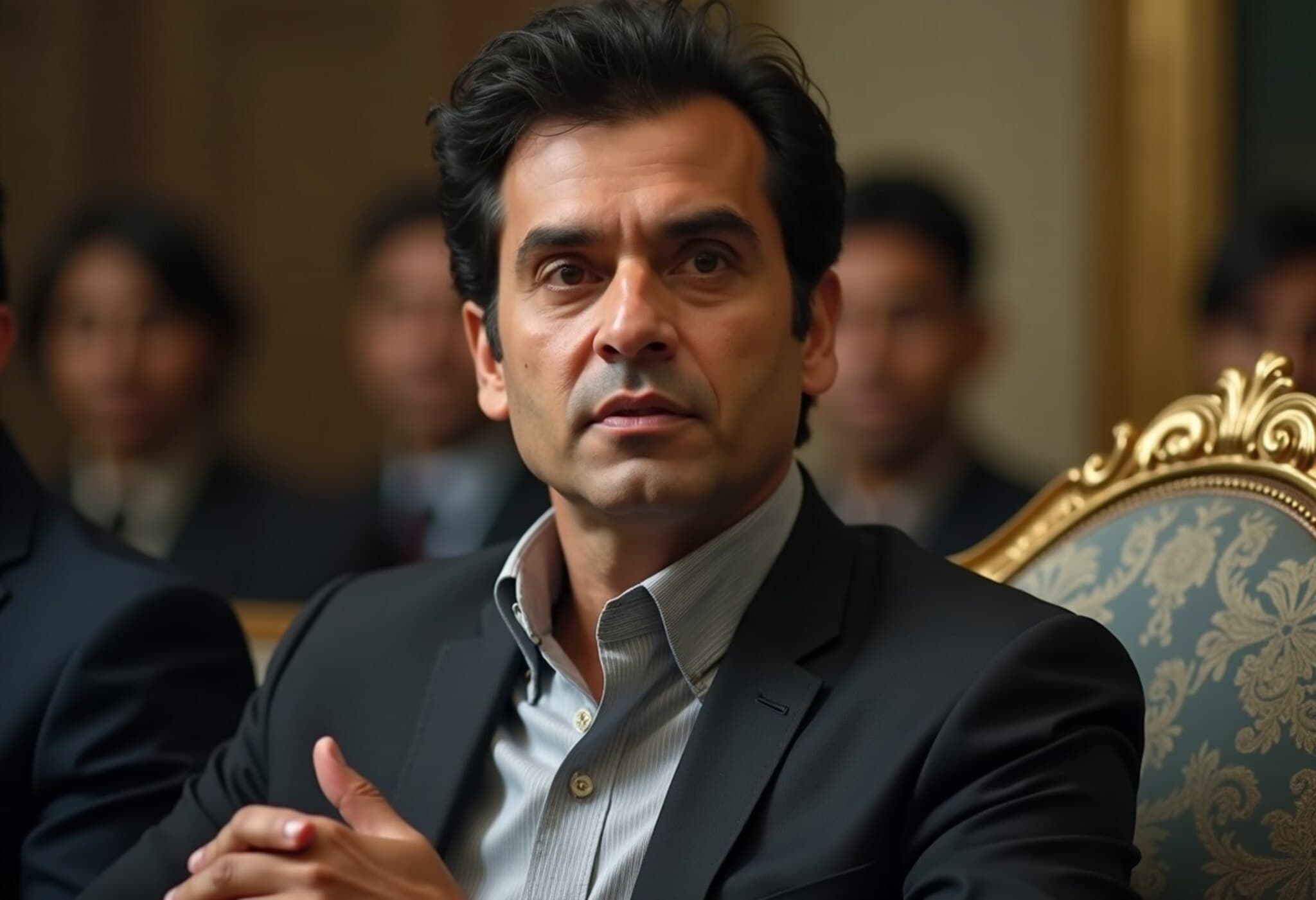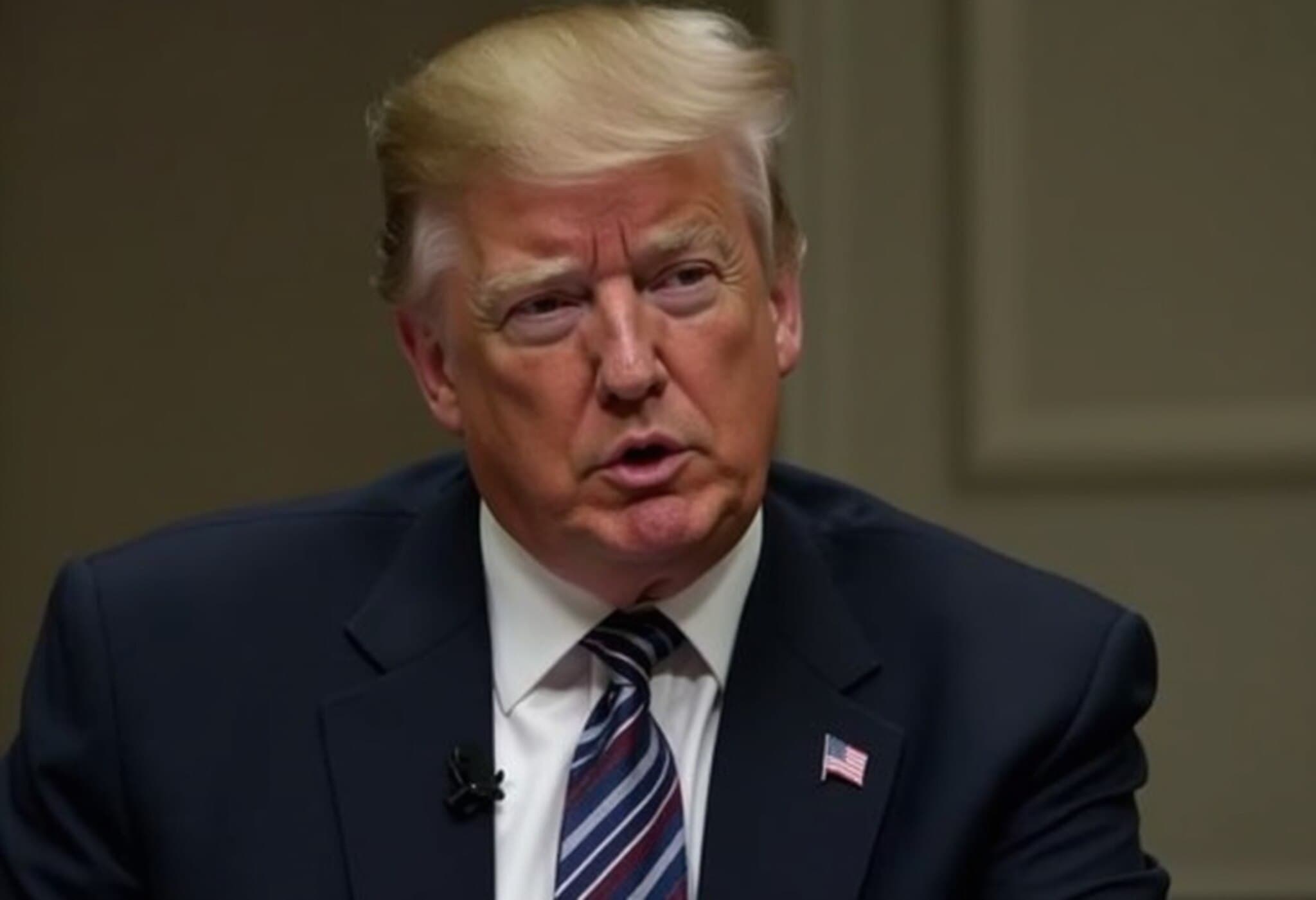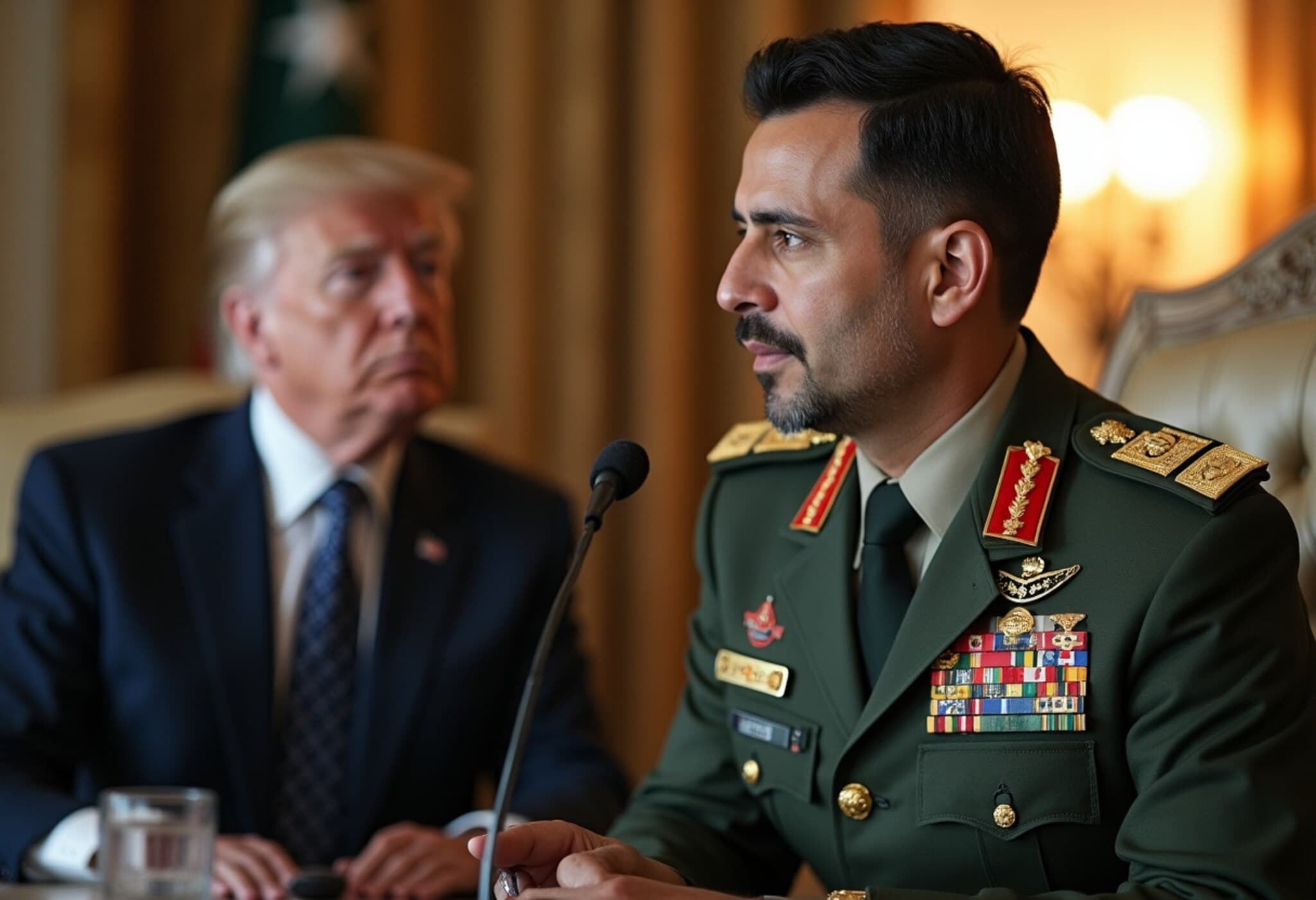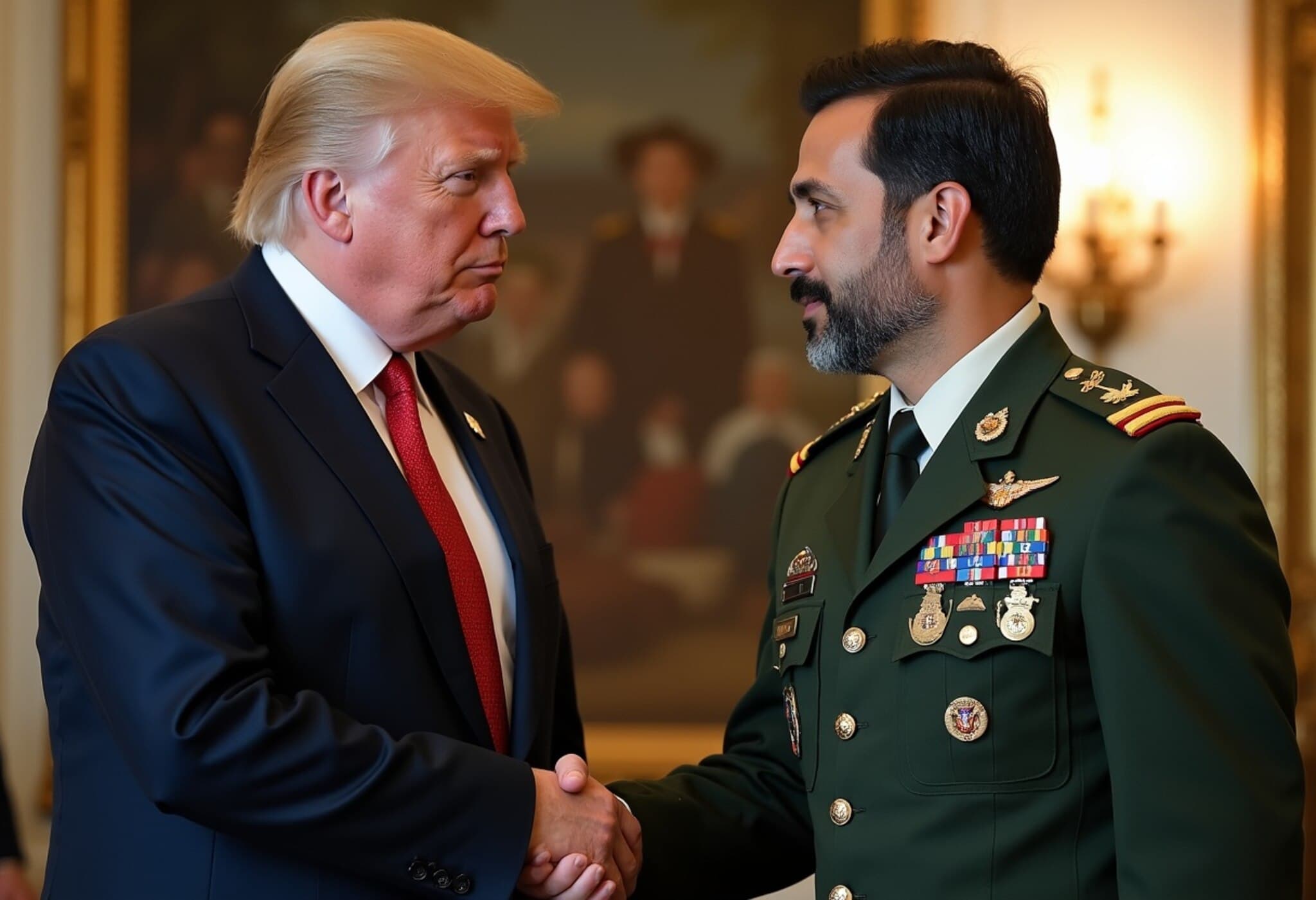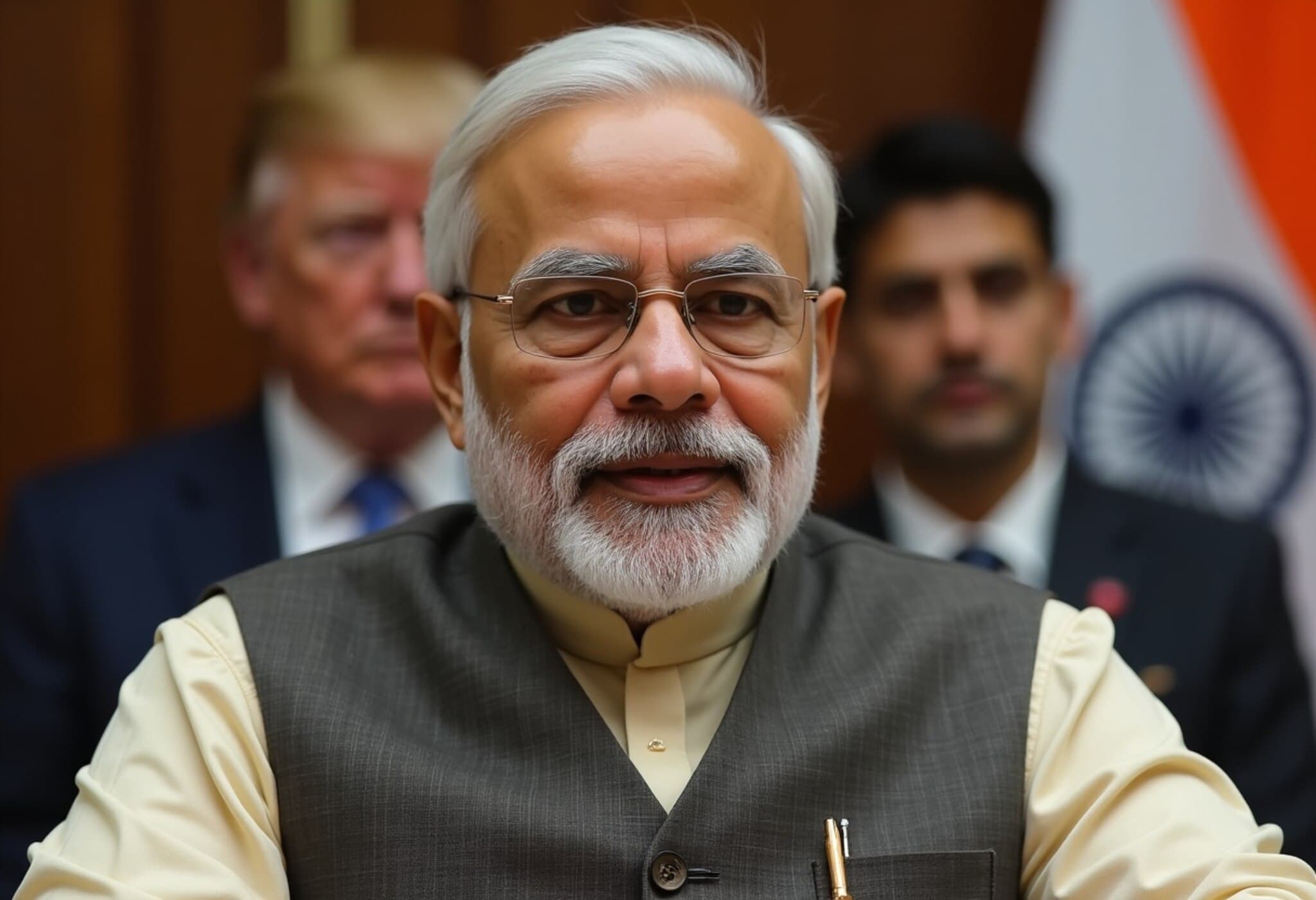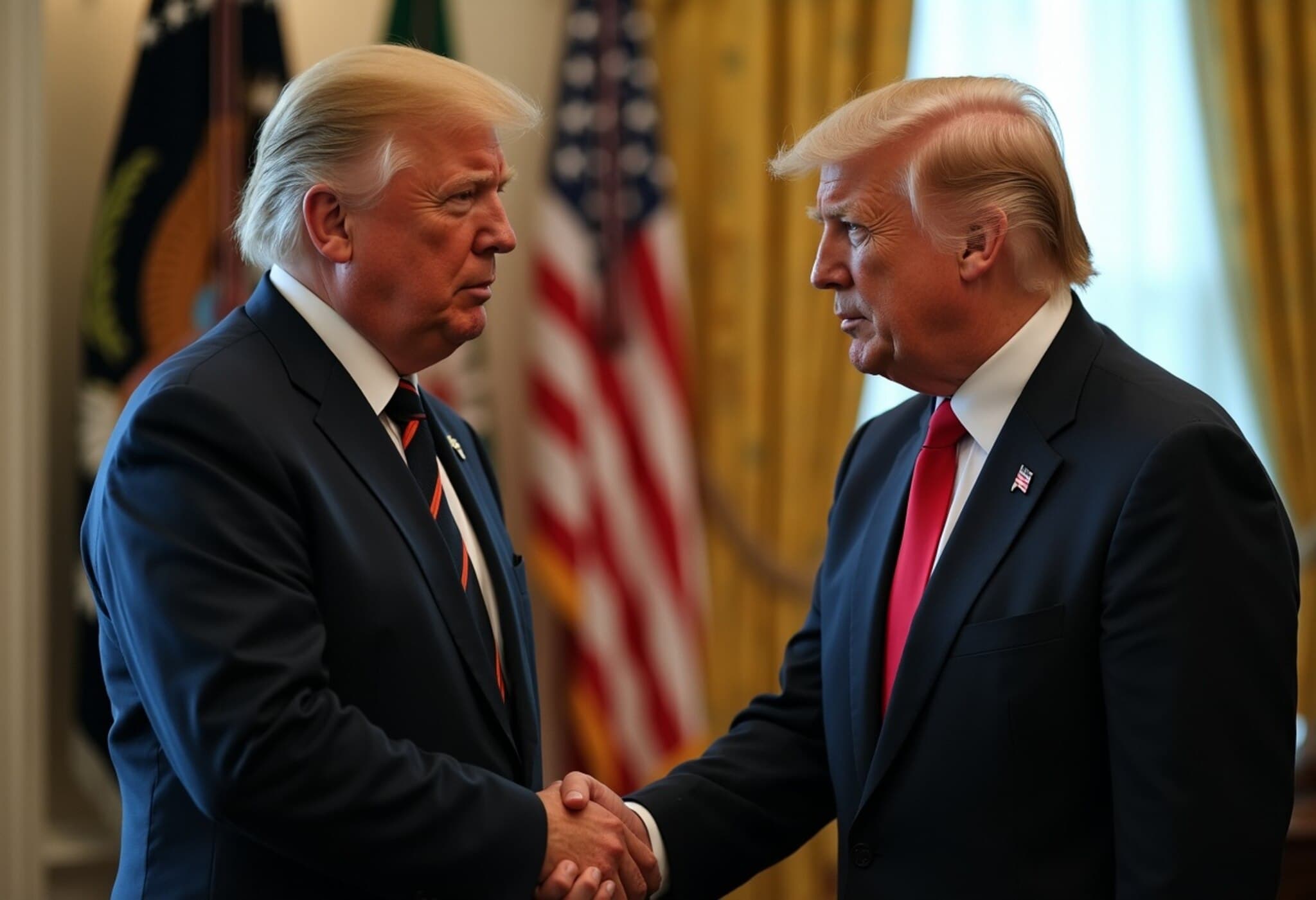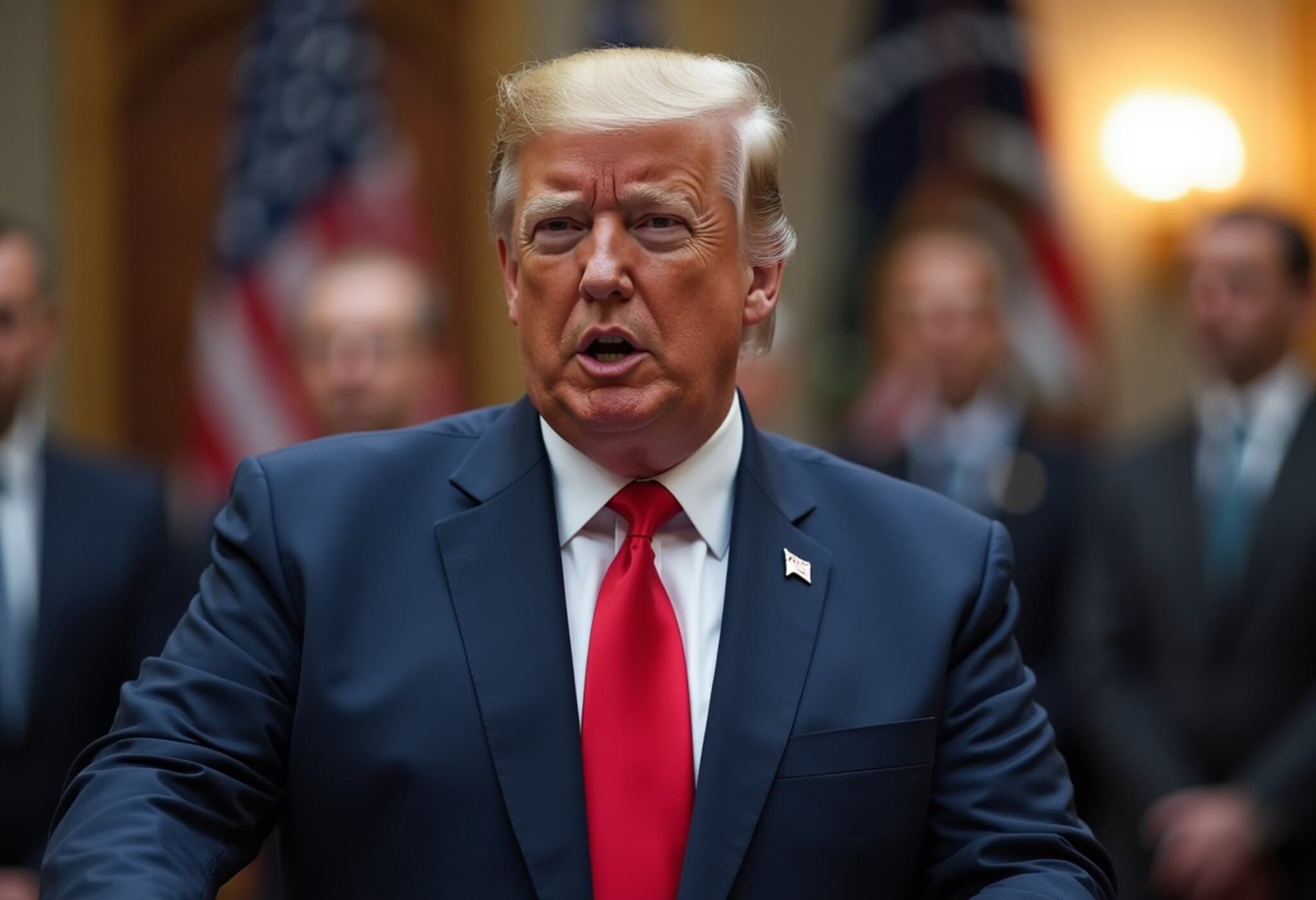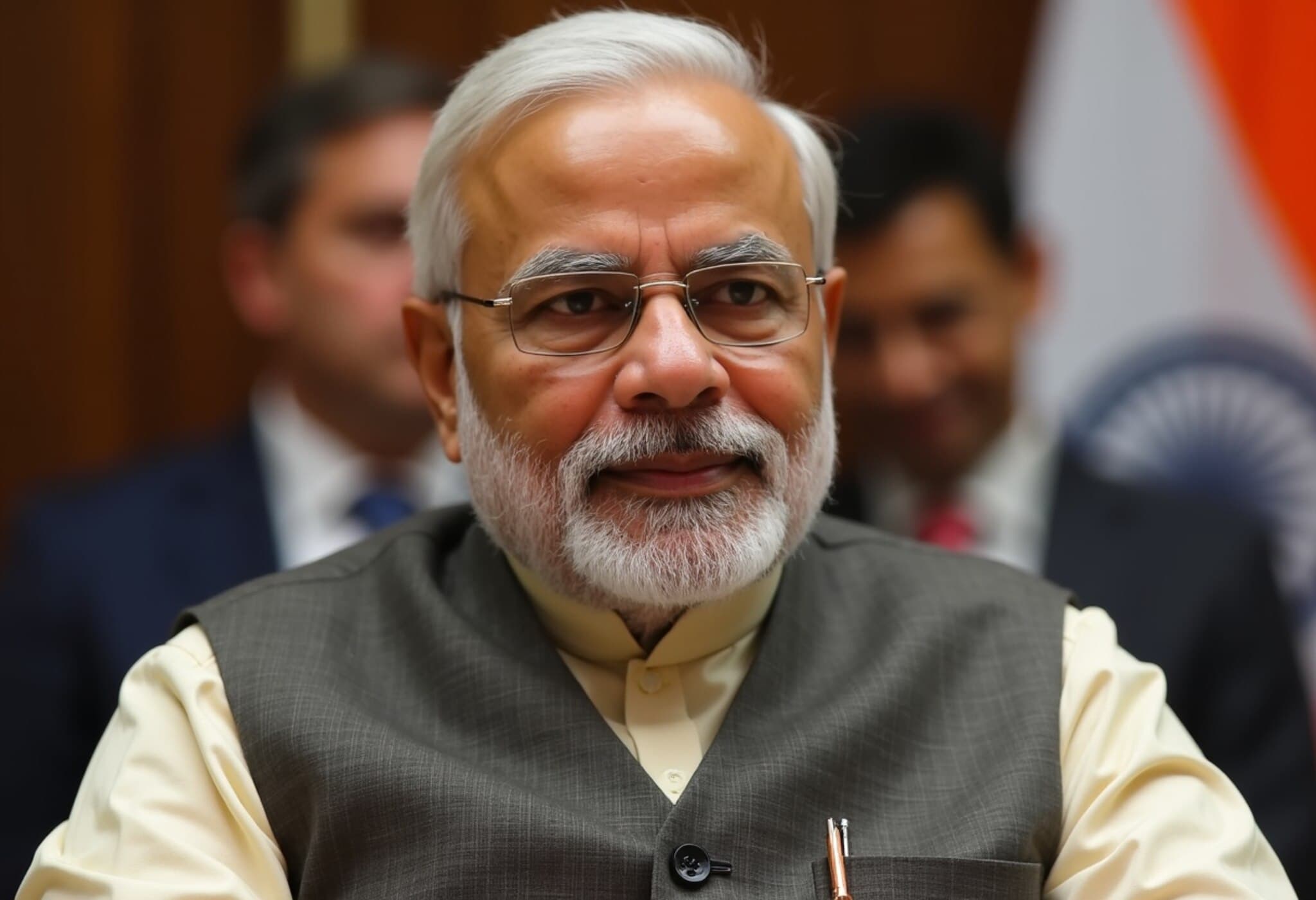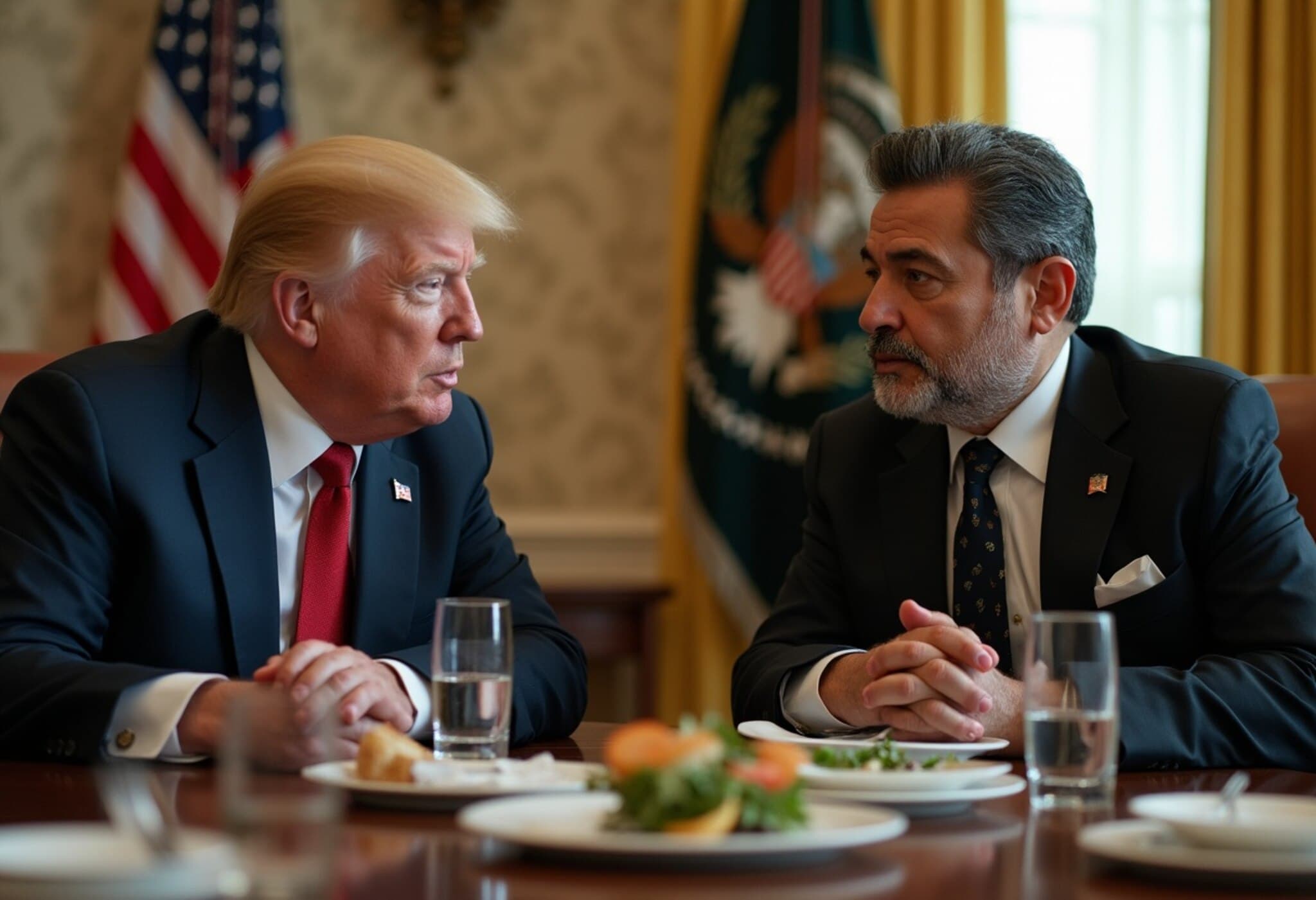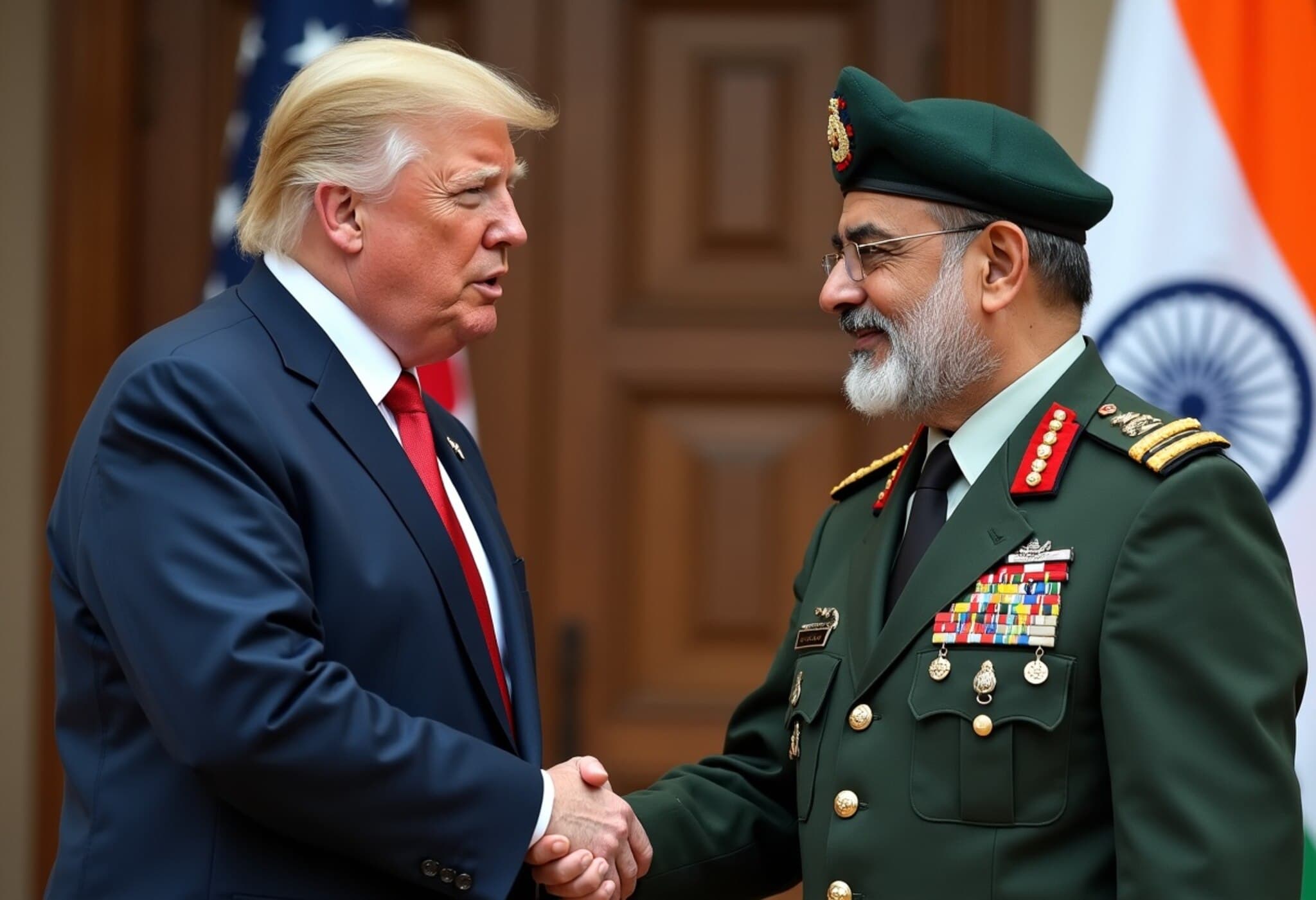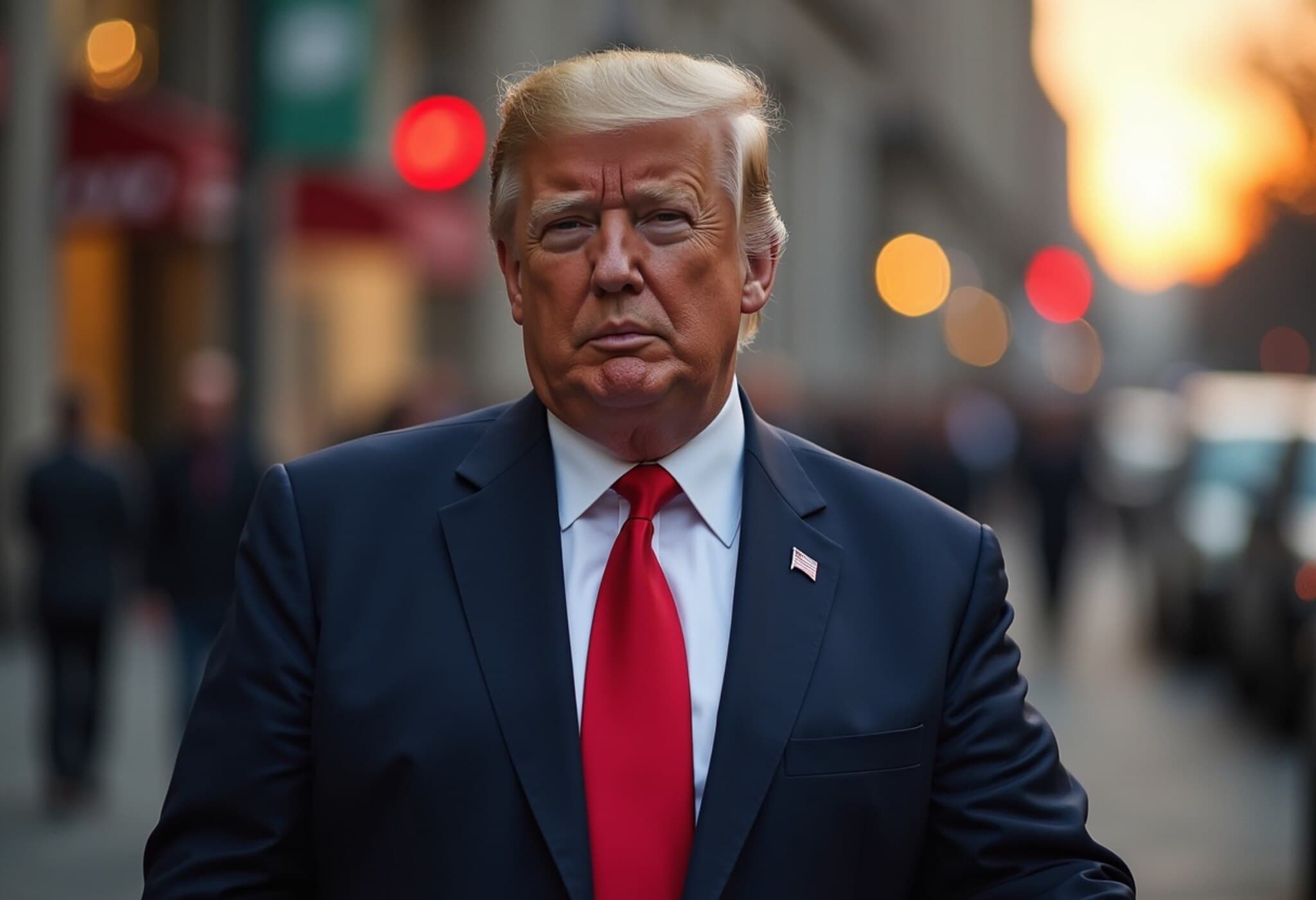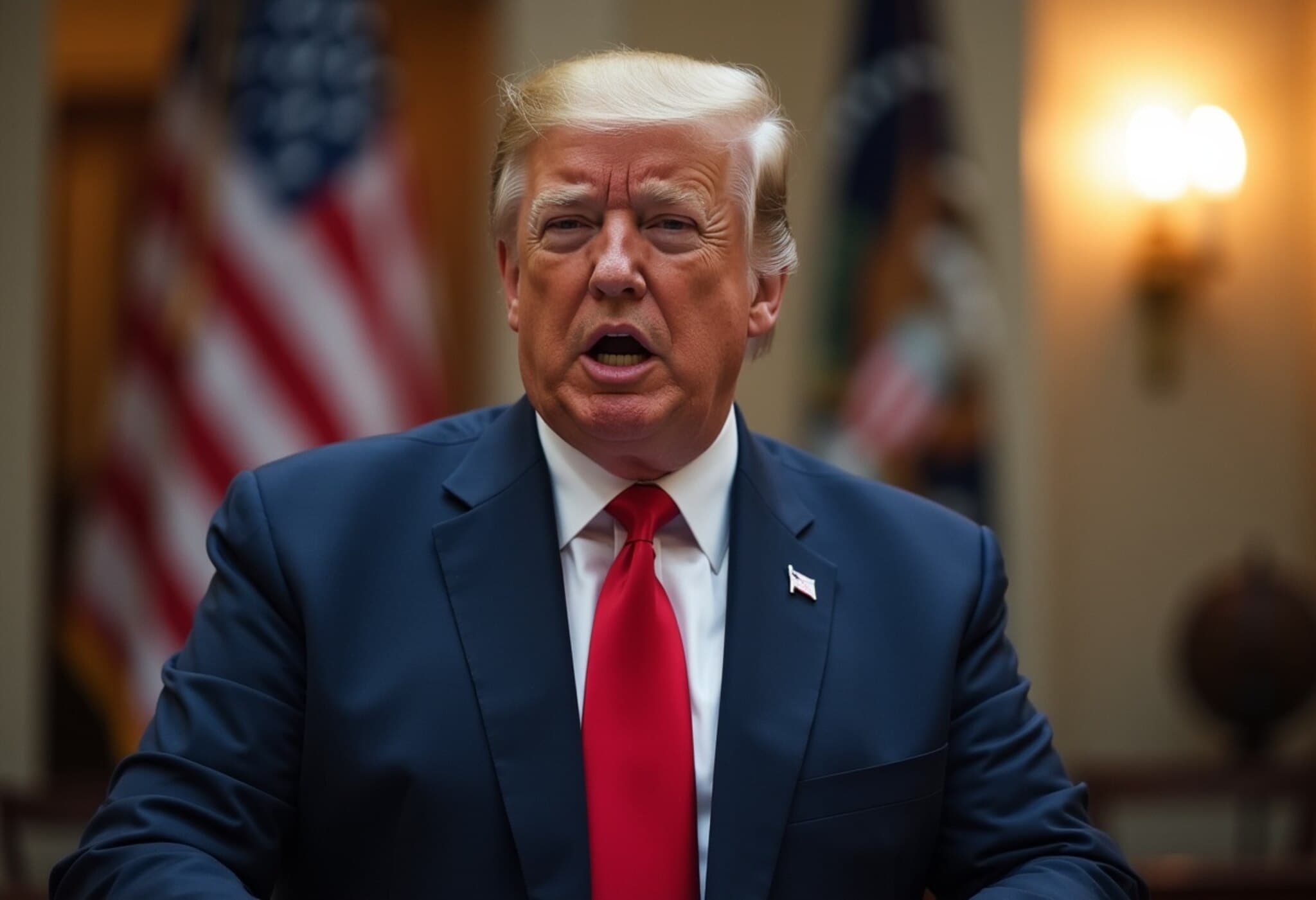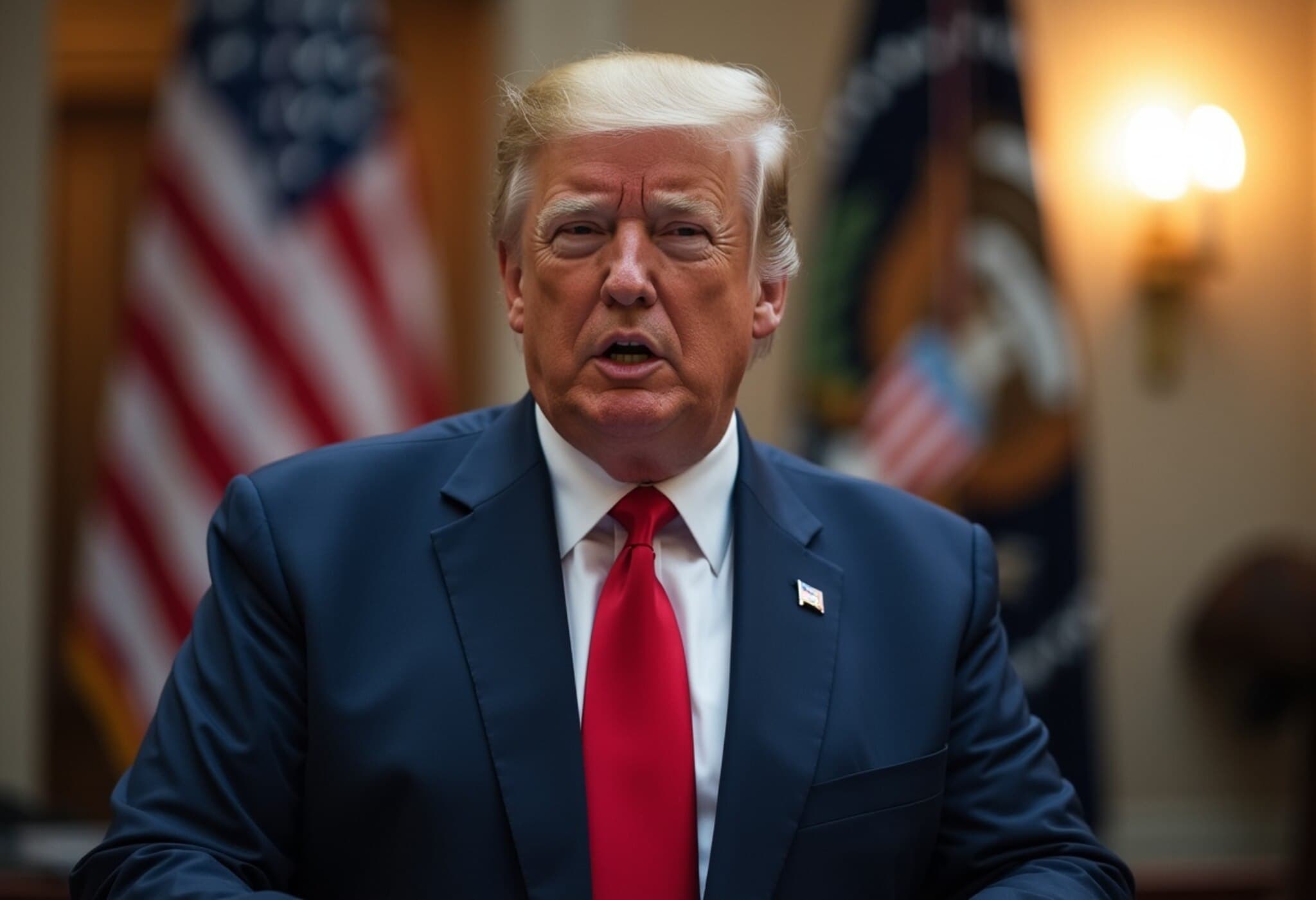Trump Praises India and Pakistan Leaders for Halting May Conflict
In a rare public acknowledgement, US President Donald Trump credited the leaders of India and Pakistan for ending the brief but intense hostilities between the two nations from May 7 to May 10, 2025. Speaking after a luncheon meeting at the White House with Pakistan's army chief, Field Marshal Asim Munir, Trump described the decision to halt the conflict as a critical move that averted a potential nuclear confrontation.
Shifting Narratives on Ceasefire Credit
Previously, Trump had repeatedly claimed he personally brokered the ceasefire between India and Pakistan. However, during his Wednesday remarks, he acknowledged that it was the "very smart" leaders of both countries who chose to step back from escalating the conflict. The contrast between his recent assertions and this statement highlights the complex dynamics surrounding the peace process.
Highlights from the White House Meeting
The White House meeting also touched on broader regional concerns. Trump discussed the ongoing Iran-Israel tensions with Munir, suggesting Pakistan’s intimate knowledge of the dynamics in that conflict. Meanwhile, the US administration is reportedly considering the strategic use of Pakistani military bases should it decide to engage militarily in the Middle East.
Alongside defense topics, economic cooperation was a significant focus. Trump expressed a strong interest in establishing a long-term, mutually beneficial trade partnership with Pakistan, emphasizing strategic alignment and shared interests. The meeting included notable figures like Secretary of State Marco Rubio and Special Representative for the Middle East Steve Witkoff.
Pakistan’s Perspective and Mutual Appreciation
Pakistan’s military expressed gratitude for what it described as Trump’s constructive role in facilitating peace during the recent crisis. The Pakistani army lauded Trump’s "statesmanship" and welcomed the prospect of expanding collaboration across multiple sectors, including trade, economic development, artificial intelligence, energy, cryptocurrency, and emerging technologies.
Field Marshal Munir also extended a formal invitation to President Trump for an official visit to Pakistan, underscoring the intent to deepen bilateral ties.
Context of the May Clashes
The conflict that erupted in early May began with India’s Operation Sindoor, a military strike targeting terrorist infrastructure in Pakistan-controlled territories, following a terrorist attack in Pahalgam. The escalation quickly resulted in four days of intense clashes. Diplomatic efforts between both militaries led to a cessation of hostilities on May 10, without external mediation.
Prime Minister Narendra Modi had reportedly informed Trump during a phone call that India and Pakistan halted military action following direct talks between their armed forces, emphasizing bilateral resolution.
Looking Ahead: Cooperation and Stability
Both sides acknowledged the need to address ongoing regional tensions, including the strained situation involving Iran and Israel. The discussions reaffirmed a shared commitment to peaceful solutions and regional stability.
Trump’s rare gesture of hosting a luncheon for a foreign army chief highlights the significance of US-Pakistan relations amid shifting geopolitical landscapes. Historically, such events have been reserved for military leaders who also hold presidential or equivalent status.

